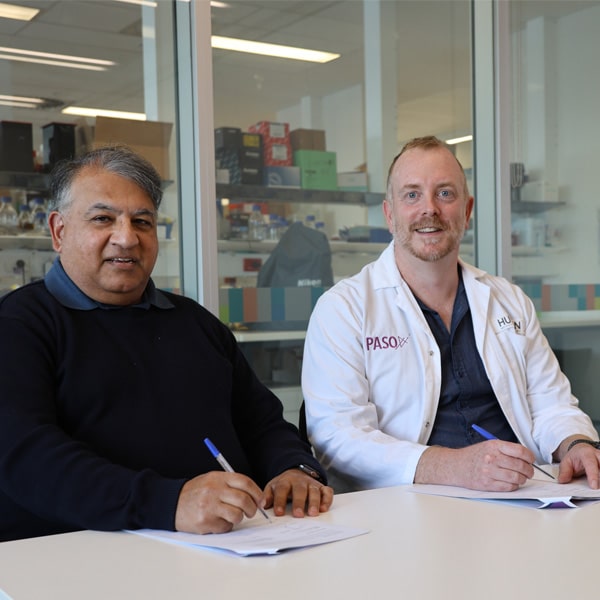New measures to clear Australia’s visa backlog, review multicultural policies and tackle racism show the Federal Government is putting wellbeing of all communities at the centre of its national budget, according to non-profit Settlement Services International (SSI).
SSI CEO Violet Roumeliotis said budget measures such as a review of Australia’s multicultural policy settings shows a government that is engaged in strengthening social cohesion and tackling racism, which is experienced by one in three people born in non-English speaking countries.
“This signals a shift in focus and a return to multiculturalism as a priority. In line with this, we also welcome the investment in a National Anti-Racism Strategy and the extension of the ‘Racism. It Stop With Me’ campaign,” said Ms Roumeliotis, who sits on the Australian Human Rights Commission’s Expert Advisory Group for the campaign.
“The strategy must be grounded in the experience and knowledge of people who experience racism in Australia including First Nations people and newcomers. It must be well-resourced over a number of years to ensure it can be designed and implemented in partnership with people and communities who experience racism, which is why it is so heartening to see the government commit to a four-year investment of $7.5 million.”
Ms Roumeliotis said she welcomed news that the government would continue prioritising clearing the visa application backlog, with a significant investment in increasing visa processing capacity.
“In real terms, this mean families reunited sooner, quicker access to the contributions of new migrants, and reduced uncertainty for people living both here and overseas who want to make Australia their home,” she said.
Ms Roumeliotis said the budget’s investments in women’s safety were long overdue and would have a particularly positive impact on migrant and refugee women, who are vulnerable due to additional challenges such as language and cultural barriers.
“There is particular recognition of the need to redress issues that disproportionately impact migrant and refugee women, including the lack of data on culturally and linguistically diverse (CALD) women and the need for crisis accommodation that is targeted to diverse communities,” she said.
“Multicultural and settlement service providers regularly support women experiencing family violence. However, our capacity to respond effectively is constrained by limited funding and service scope.”
Ms Roumeliotis said the October budget signaled government leaders and policymakers invested in nurturing a positive social climate for cultural diversity and multiculturalism in Australia.
“Between now and the May budget, there is time to consider additional opportunities for change. This includes the rising cost of delivering settlement services. This could be fixed with indexation of initiatives such as the Settlement Engagement and Transition Support Program, which support migrants and refugees through their first five years in Australia,” she said.
“Other major government programs need dedicated funds for specialist providers to deliver tailored services to groups with additional complexities, such as refugees, migrants and women.
“An example of this is the New Employment Services Model, which introduced ‘CALD’ or ‘refugee’ licenses for specialist providers, but then failed to issue these in areas such as south west Sydney, which has the highest caseload of CALD and refugee jobseekers in Australia.”
Ms Roumeliotis said the October budget made strong steps towards improving the wellbeing of many at-risk communities and she looked forward to working with government to continue this progress in the lead up to May.
About us:
About SSI:
Settlement Services International is a community organisation and social business that supports newcomers and other Australians to achieve their full potential. We work with all people who have experienced vulnerability, including refugees, people seeking asylum and culturally and linguistically diverse (CALD) communities, to build capacity and enable them to overcome inequality.







